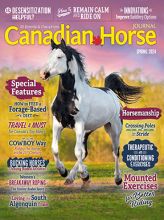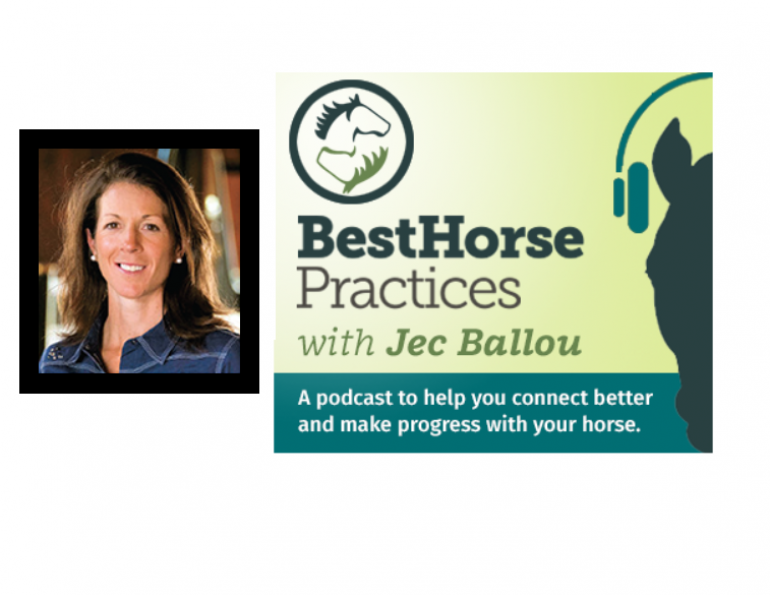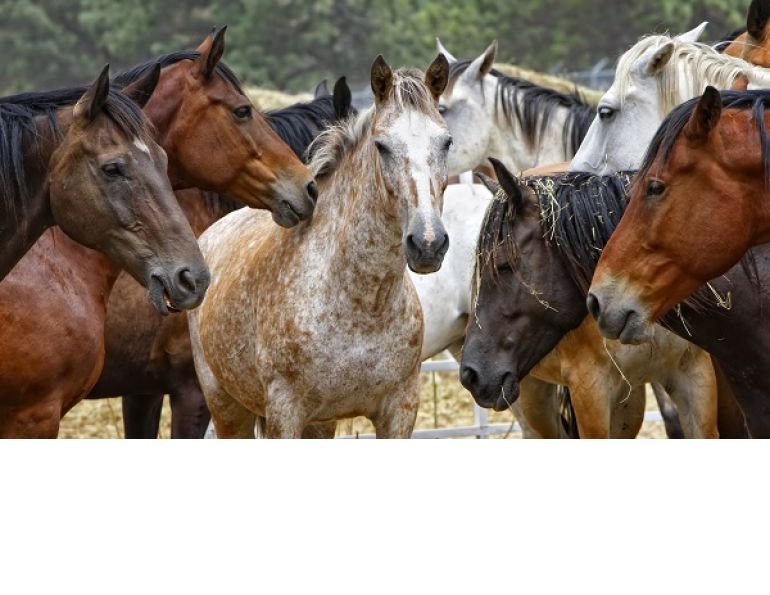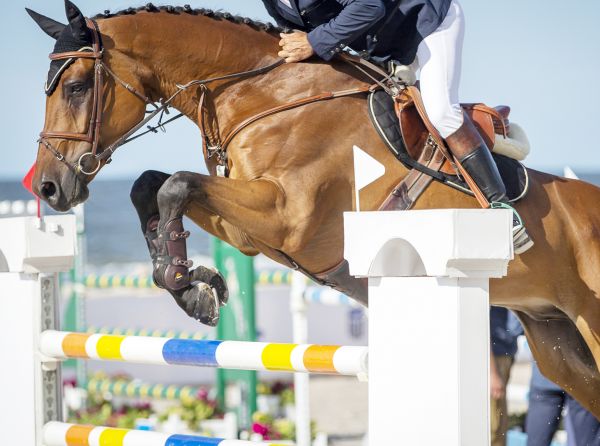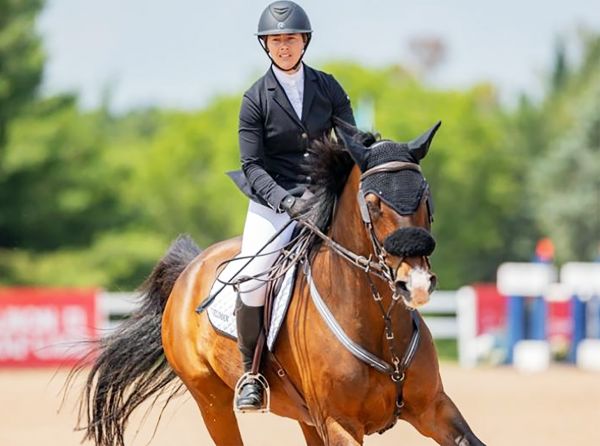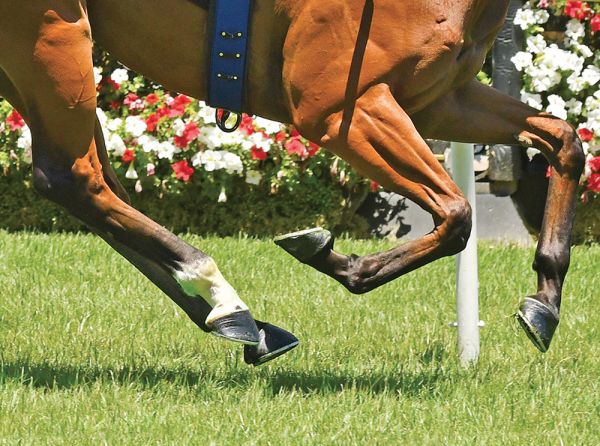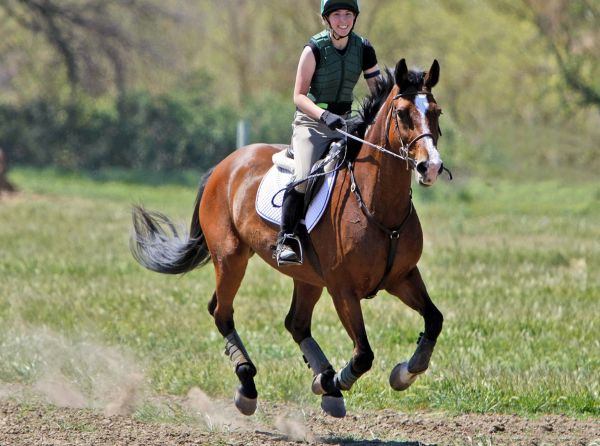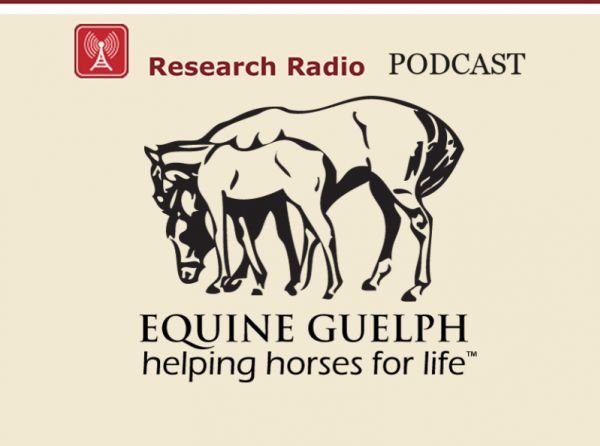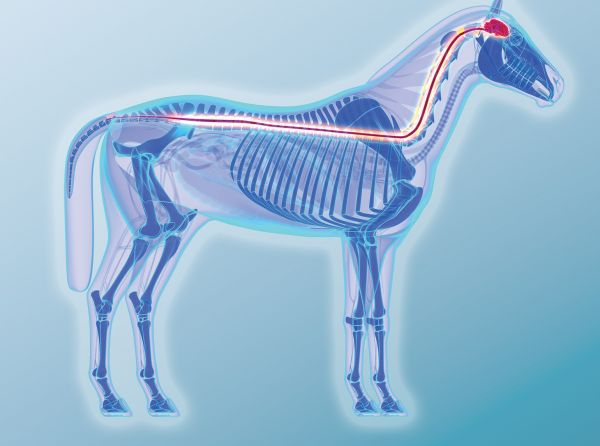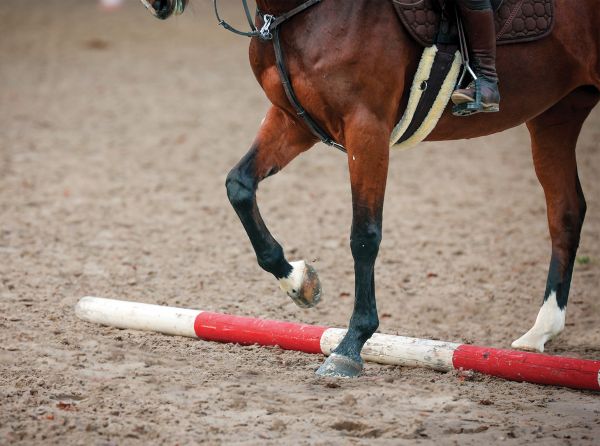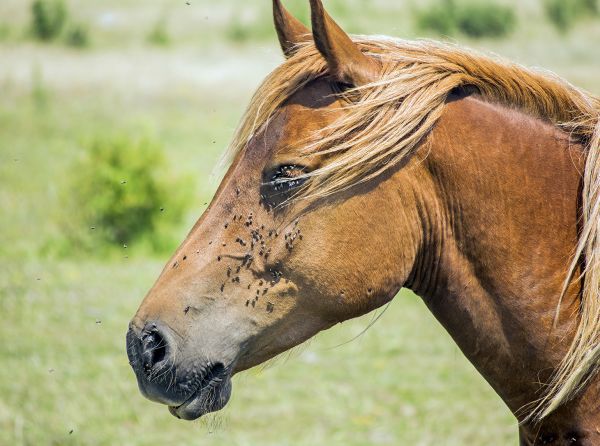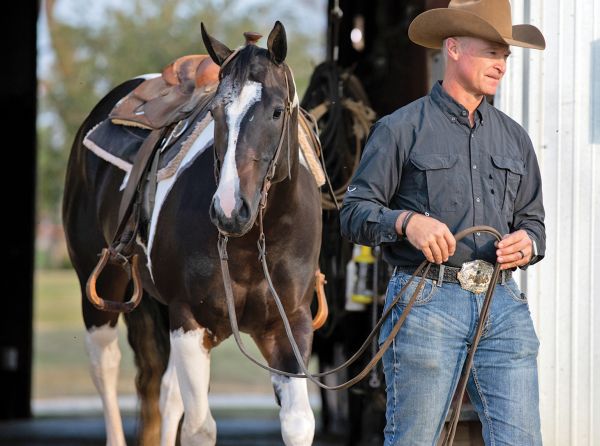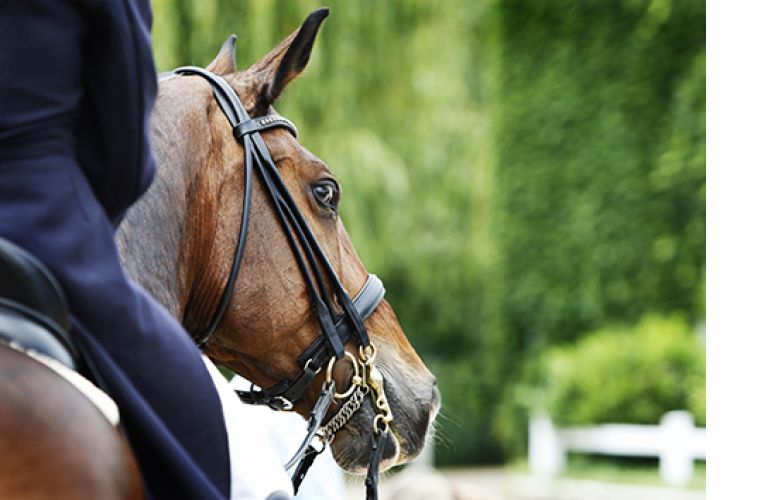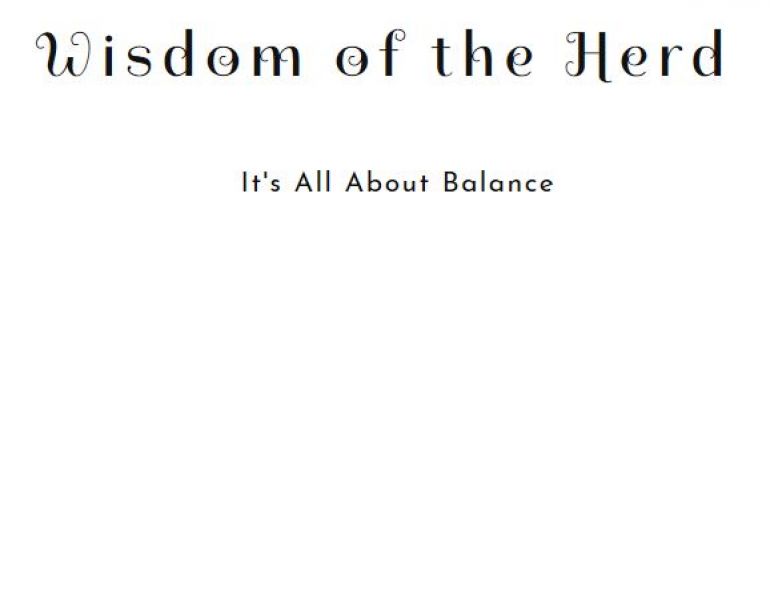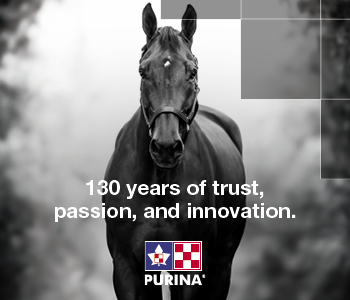By Margaret Evans
Mohammed was proud of the work he did with his horse Chan. Living with his family of six in the village of Budhni near Peshawar in northern Pakistan, he provided a valued service every day transporting people from village to village with Chan hitched to a cart.

Mohammed and his family, whose home was swept away and horse was killed by the flood. Chan, Mohammed’s horse, was his source of income, and his family has been left with nothing. Photo: Courtesy of the Brooke Hospital for Animals, London, UK
The work brought in a modest income but enough to put food on the table for his children.
But that was before the flood.
Devastating monsoon rains, which began in late July 2010, inundated the village and swept away Mohammed’s house and all his possessions.
In a horrific moment, Chan drowned.
Now Mohammed’s children are all sick with gastroenteritis and he is in despair as to how he will rebuild his life.
A Brooke veterinarian gives instructions to Mr. Lazada on how to care for Sohni. Photo: Courtesy of the Brooke Hospital for Animals, London, UK
Across the village, Mr. Lalzada is a horse and carriage driver providing similar services to Mohammed. He relies entirely on his horse Sohni to provide an income to feed his family of ten.
But that was before the flood.
The waters destroyed his home and Sohni’s stable, leaving Lalzada’s family homeless and destitute.
Sohni was treated by the Brooke veterinarians for dermatitis and shock. Thousands of horses and donkeys, which provide livelihoods for their owners, have been affected by the floods. Photo: Courtesy of the Brooke Hospital for Animals, London, UK
“It was the most horrible day of my life when the floods struck my village,” said Lalzada. “My house was demolished and I had to rush to save my horse Sohni who was tied up inside. Thankfully I was able to evacuate my family and Sohni in time and she was treated by the Brooke.”
Veterinarians from the Brooke Hospital for Animals in Pakistan reached Budhni and inspected Sohni and many other stricken horses and donkeys. Sohni was suffering from dermatitis and shock. She was given medication and Lalzada was shown how to nurse her back to health. They also provided fodder and clean water.
Sohni’s eyes are examined by the Brooke veterinarians. Photo: Courtesy of the Brooke Hospital for Animals, London, UK
The Brooke Hospital for Animals, a London, UK based charity that provides free veterinary care to working equines in third world countries, has launched a Pakistan emergency appeal to help thousands of horses and donkeys affected by the worst floods in Pakistan’s history. They estimate that over 75,000 animals have been affected by the floods in one province alone.
The monsoon rains began to fall on July 22, 2010 and the United Nations described the resulting floods as the worst in living memory. According to the Pakistan Meteorological Department, about 9000 millimetres of rain fell in the Khyber Pakhtunkhwa (KPK) province alone in one week in late July. That is ten times the amount of rain the region typically receives in one year! At least 1600 people are dead, close to 20 million people and 11,000 villages have been affected, and six million have been left homeless since some 1.2 million homes have been damaged or destroyed.
The Brooke is helping to treat and save thousands of animals in Pakistan and in the process protect their owners livelihoods. Photo: Courtesy of the Brooke Hospital for Animals, London, UK
Pakistan has a population of 167 million and the country’s geographical region stretches from the Himalayan Mountains to the Arabian Sea with a highly variable climate from dry winters to monsoon summers. According to the 2006 national animal census, the population of horses, donkeys, and mules stood at over four million. Unfortunately, the majority are in extremely poor condition with a body score of only 1.5 to 2 on Brooke’s five point scale. Some 95 percent of animals are prone to lameness at an early age as so many villages lack knowledgeable veterinary and farrier care.
The Food and Agriculture Organization (FAO) of the United Nations estimates that over 1.2 million large and small animals (both working and farm stock) and six million poultry have died in the floods. Now, many thousands of animals face hunger, dehydration, and stress as well as respiratory, skin, and foot problems.
Even with flood waters receding, these animals face dire consequences without emergency feed, dewormers, and veterinary supplies. The Brooke expects that food will not be easily accessible for at least six months which could lead to widespread starvation. Like the Brooke, FAO recognises the immense value of livestock which represent a source of income and draught-power to villagers. Animals are their lifetime savings. Now, there is a race against time to save those animals that did survive.
The Brooke already has teams operating in the KPK and Sindh provinces providing emergency treatment, vaccinations, fodder, and clean water for horses and donkeys as well as other animals in desperate need.
“We are the only organization specifically helping horses and donkeys at this time so the need for our services is extremely high,” said Mohammad Farooq Malik, Brooke Pakistan’s chief executive. “Every day that goes by, more horses and donkeys will be at risk of dehydration, starvation, respiratory problems, and water-borne diseases. We are doing everything we can to reach as many animals as possible.”
Donkeys have been helping their owners cart their belongings and families from their flooded and destroyed homes, putting extra pressure on the already stressed animals. Photo: Courtesy of the Brooke Hospital for Animals, London, UK
By mid September, the Brooke had managed to reach nearly 10,000 horses, donkeys, mules, and other livestock and had provided veterinary treatment, vaccines, water, fodder, and wheat bran. At the same time the vets in mobile clinics have been teaching animal owners first aid skills so that they can continue to care for their animals and prevent disease outbreak.
“Thousands of animals have been affected by the floods,” said Dr. Rab Nawaz, veterinary officer for the Brooke Pakistan, in an interview with Muneeza Sadiq, Brooke information communications officer. “A large number have died while many were trapped in the flooded areas for two or three days and are now suffering from gastrointestinal diseases, respiratory disorders, eye infections, muscular and skeletal injuries. Donkeys, especially, are being used to evacuate people and their belongings. So it’s not just the terrible conditions that are affecting animals but the extraordinary pressure of helping their owners and other people.”
Nawaz said that where the waters are receding many animal corpses are being found on roadsides. The sheer volume of decomposing animals adds to health risks and the lack of safe drinking water for people and livestock alike is an exploding crisis.
The Brooke has been providing clean water and fodder for horses and donkeys as there is very little available. Photo: Courtesy of the Brooke Hospital for Animals, London, UK
“Animal fodder and clean drinking water are unavailable to animals,” said Nawaz. “There is no shade, shelter, or proper resting place for them.”
As much as the emergency has been devastating, for millions of people the worst could be yet to come. The FAO estimates that over 3.2 million hectares of standing crops — maize, cotton, rice, sugar cane, fruit orchards, and vegetables — have been damaged or destroyed across Balochistan, KPK, Punjab, and Sindh, representing 16 percent of the cultivatable area. In addition, much of the stored feed for this winter and seed for next year’s crops have been lost. There is extensive damage to agricultural infrastructure, especially irrigation, as well as tools, machinery, and water mills. The trouble is that from now until November it is the Rabi wheat planting season. If this year’s planting is missed there will be no harvest next year and it will not be until 2012 before a wheat harvest (Pakistan’s staple food) is achieved, significantly extending food aid dependency.
“The services being provided by the Brooke Pakistan are crucial for the health and future survival of countless animals as there is no other help available for them,” said Nawaz. “If we can provide feed, fodder, clean water, and vaccinations, we can prevent many more animals from starving and dying from preventable diseases. Long-term, our help also means owners can hope for some kind of future. If we can help their animals — and protect their livelihoods — then they will have a greater chance to rebuild their lives.”
If you would like to help the Brooke aid Pakistan’s villagers and their animals, visit www.thebrooke.org and check out the Pakistan appeal where there are links for donations.
Main photo: Courtesy of the Brooke Hospital for Animals, London, UK - Mr. Lalzada was able to rescue his family and his horse Sohni, but his home and Sohni’s stable were destroyed, leaving them homeless and destitute.


